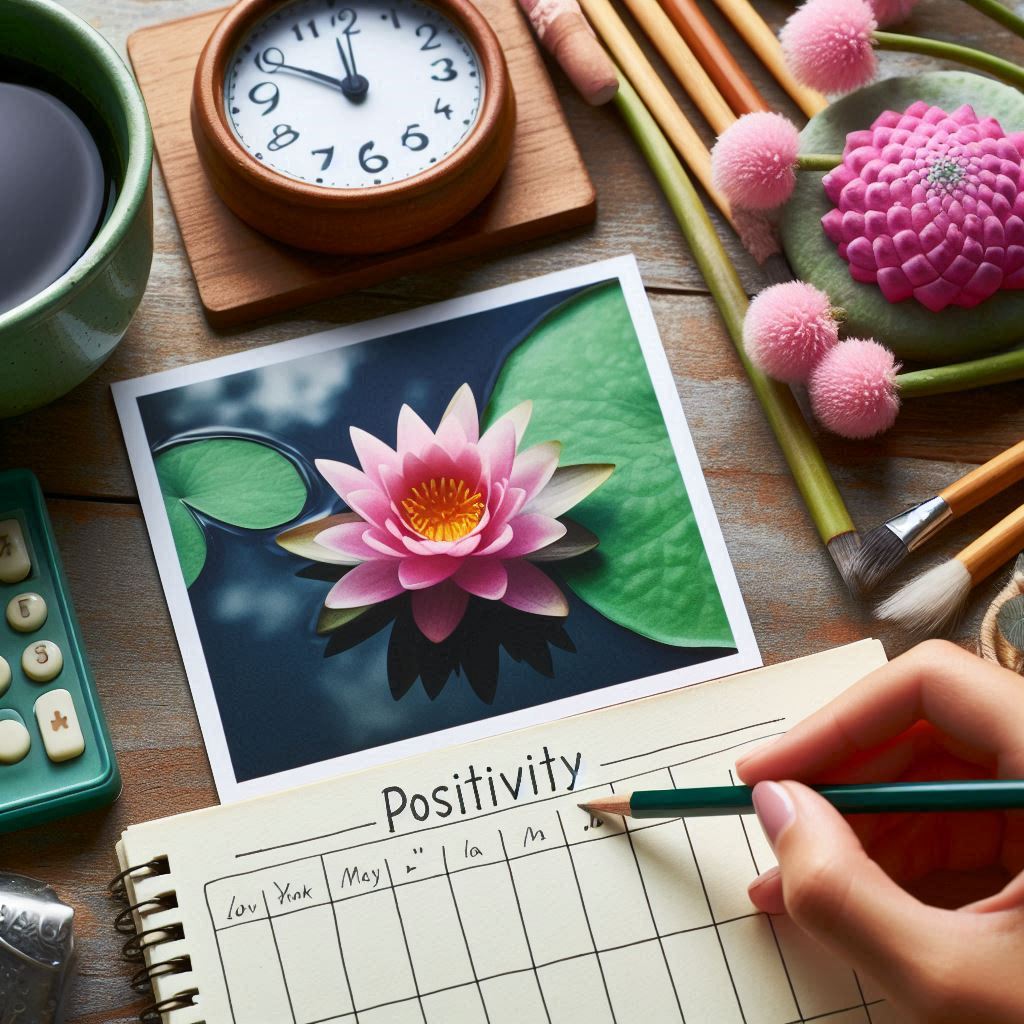How Meditation Enhances Emotional Health
-
Increased Self-Awareness:
- Meditation encourages you to tune into your thoughts and feelings. This self-awareness is crucial for understanding your emotional patterns.
- Like a lighthouse guiding a ship, this awareness helps you navigate your emotional landscape more effectively.
-
Stress Reduction:
- Regular meditation lowers stress levels by reducing the production of cortisol. Less stress means a more stable emotional state – it's like swapping a rollercoaster for a serene boat ride.
-
Enhanced Resilience:
- Meditation fosters emotional resilience, helping you bounce back from setbacks more easily. Think of it as a mental trampoline that springs you back up when life tries to knock you down!
-
Improved Emotional Regulation:
- Practicing meditation helps you manage your emotions more effectively. It's like having a remote control for your feelings, allowing you to adjust the volume of stress and anxiety.
-
Promotion of Positive Emotions:
- Meditation often includes practices that promote gratitude and compassion, which can increase positive emotions. It's like watering a garden of joy in your heart!
Why Emotional Health Matters
-
Better Relationships:
When you have a healthy emotional state, you can communicate and connect with others more effectively, leading to improved relationships.
-
Greater Life Satisfaction:
A stable emotional health contributes to an overall sense of well-being and life satisfaction. It's like having a sunny disposition, even on cloudy days.
-
Reduced Risk of Mental Health Issues:
Enhanced emotional health can lower the risk of anxiety and depression, promoting a more balanced mental state.
-
Improved Coping Skills:
With better emotional regulation, you can handle life's challenges with grace and composure, making you more adaptable.
Effective Emotional Health Meditation Techniques
-
Loving-Kindness Meditation:
This practice involves directing positive wishes toward yourself and others, cultivating feelings of love and compassion. Research shows it can significantly increase positive emotions while decreasing negative ones. Begin by silently repeating phrases like "May I be happy, may I be healthy, may I be safe," then extend these wishes to others.
-
Mindfulness of Emotions:
This technique involves observing your emotions without judgment. When you feel an emotion arise, acknowledge it, name it, and observe how it feels in your body without trying to change it. This creates space between you and your emotions, allowing you to respond rather than react.
-
Self-Compassion Meditation:
This practice helps counter self-criticism by cultivating kindness toward yourself. When facing difficulties, acknowledge your suffering, recognize that struggling is part of being human, and offer yourself comfort and understanding as you would to a good friend.
-
Body Scan for Emotional Awareness:
This meditation connects emotions to physical sensations. Systematically scan your body, noticing where you hold emotional tension. When you discover tension, breathe into that area with awareness and compassion, allowing the physical manifestation of emotion to relax and release.
The Science of Meditation and Emotional Health
- Amygdala Regulation: Studies show meditation can shrink the amygdala, the brain's "fear center," reducing reactivity to emotional triggers.
- Prefrontal Cortex Enhancement: Regular meditation strengthens the prefrontal cortex, improving emotional regulation and decision-making.
- Neurotransmitter Balance: Meditation practices increase levels of mood-boosting neurotransmitters like serotonin and dopamine.
- Stress Hormone Reduction: Research demonstrates that consistent meditation reduces cortisol levels, decreasing chronic stress that can lead to emotional dysregulation.
Getting Started with Emotional Health Meditation
- Designate a Quiet Space: Find a peaceful spot where you can sit comfortably without distractions. Think of it as your emotional retreat.
- Begin with Guided Meditations: If you're new, consider using guided meditations focused on emotional health and well-being.
- Practice Gratitude: Incorporate gratitude exercises into your meditation, focusing on things you appreciate in your life.
- Be Patient: Like any skill, enhancing emotional health through meditation takes time. Be kind to yourself as you cultivate this practice.
Conclusion
Meditation is a transformative practice that significantly enhances emotional health. By integrating meditation into your daily routine, you're not just nurturing your mind; you're creating a more peaceful and fulfilling life. So, take a deep breath, settle in, and let the healing journey of meditation begin! 🌼

